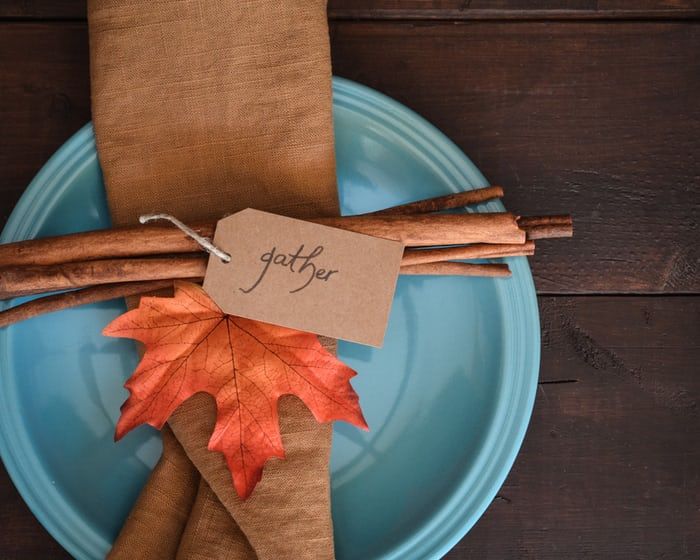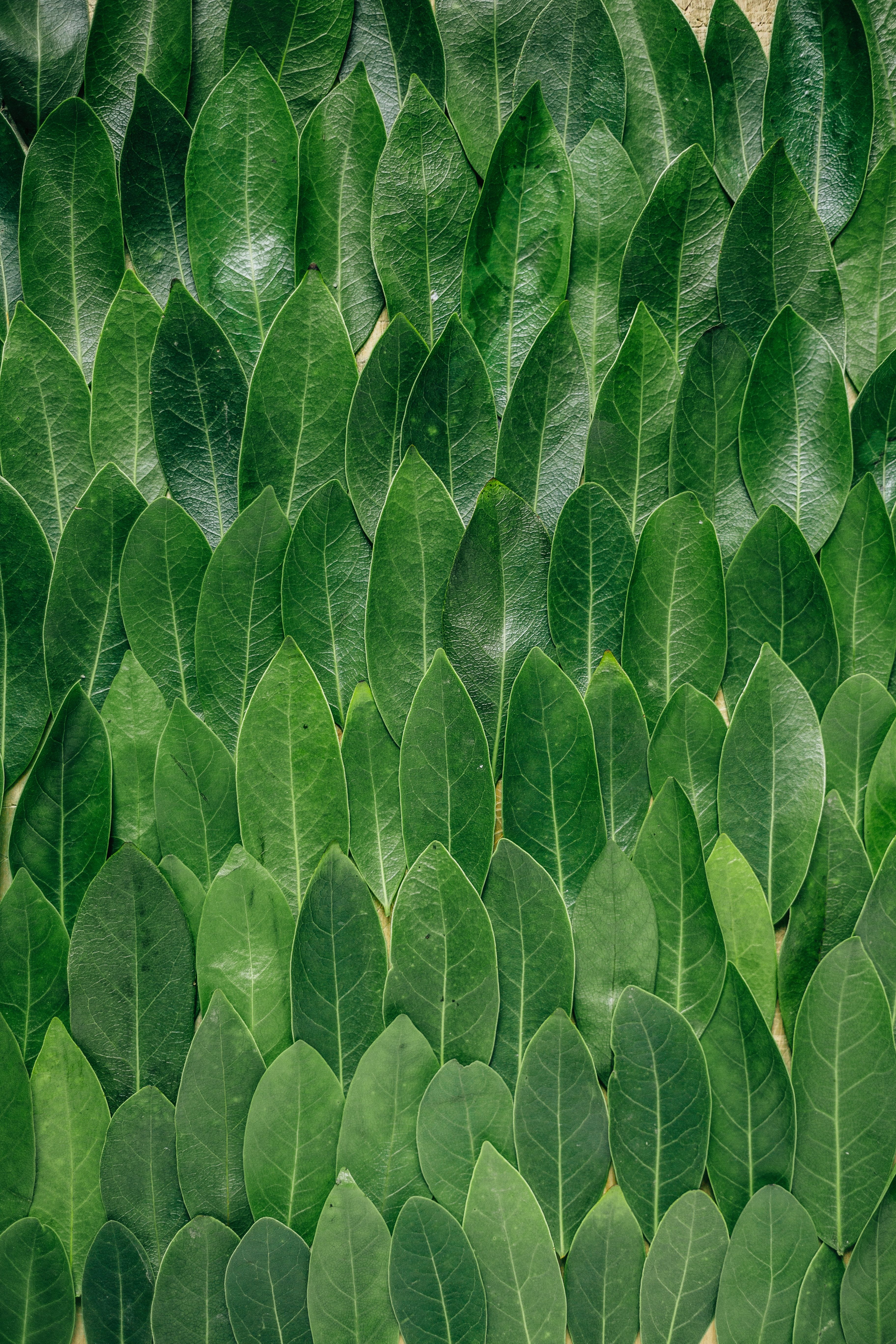
Saturdays with Shavara
Thankful and Sustainable
Hello to you all and thank you for joining me on another Saturday! I thought it only fitting that the Saturday before Thanksgiving would involve a post revolving around the long-celebrated holiday. Most of us look forward to Thanksgiving as the kick-off to the holiday season, where we have the opportunity to gather with friends and family surrounded by good food, laughter and lots of love. I truly get the “feel goods” just thinking about families coming together for quality time, so much so that I wanted to up the ante of that positive energy coursing through our veins by offering a sustainable challenge. My hope is that by the end of this post you can all be inspired to champion not only yourself, but also your friends and family to make sustainable choices during the holiday season.
Historically Thanksgiving was observed as a celebratory meal held after a successful harvest. The foods served during the early years were all locally grown, native to the region and in season. The menus we would have seen during early Thanksgiving celebrations were created to reflect the “this is what we have, this is what we eat,” mentality; however, today there is little concern about only eating locally grown foods and menus tend to reflect the “this is what I want, so this is what I’ll eat,” mentality. Our mentality as a society has led to less sustainable practices regarding this holiday, which is why I challenge you all to curate your Thanksgiving menu based on in season produce. I know what you’re thinking, “how do I keep up with traditional menu items this way?” Well I say make new traditions that include the whole family shopping at local farmers markets or being creative and selecting only organic in season produce from your neighborhood grocer. If your family is anything like mine then turkey has likely played the leading role regarding meat choice every year; however, traditionally Americans throw away 204 million pounds of uneaten turkey containing 105 billion gallons of water. The amount of food thrown away is enough to feed the New York City area for more than 100 days and equals out to roughly $282 million dollars.
The best way to lower the earlier mentioned statistics regarding food waste… especially our friend the turkey is to simply prepare less, and by less I simply mean prepare a more accurate amount of food to the amount of people eating. One way we can give thanks to the earth is by lowering the amount of waste created from both food and disposable items. If leftovers just aren’t your jam, make sure that your guest get a nice large helping of food to take with them on the road, and consider donating uneaten food, and canned goods to local food pantry’s or shelters. You can make this year’s gathering a no- waste event by using real dinnerware, utilizing fresh flowers/ greenery for decorations, and composting food scraps. I know that many people find themselves in food comas after indulging in rich and hearty “comfort” foods, but make an effort to unplug and appreciate the meaning of the day by spending time outside, plant a tree, take a walk picking up litter along the way is both fun and rewarding.
Thanksgiving is a day for more than just eating, it’s a day of reflection and appreciation which is inclusive of more than just the people within our homes, but the home of all living creatures * cough, cough… Earth*. The fun of the holiday and the “feel goods” of coming together with loved ones does not have to be lost because of a few sustainable changes. Embracing the role of the environmentally responsible host not only allows you to showcase your efforts, but also teaches your loved ones to do the same. I urge you all to try some of the sustainable alternatives and give new meaning to giving thanks. I’ll leave you with the simple reminder to; Refuse, Reduce, Reuse, Recycle, and Rot. Happy holidays to all!
KOB’s very own Blog Contributor,
Shavara J.
References:




